Notes
The BagNews Best 13 Posts of 2013
2013, by all measures, was a year of milestones here at BagNews. We redesigned our site and upgraded our hosting. We set records for viewership. We expanded our fine list of contributors. We relaunched our original photojournalism section. And most significantly, we expanded our focus to address the art and practice of photojournalism, complimenting our longstanding emphasis on the analysis and critique of news photos.
We hope you’ll enjoy this compendium. It wasn’t easy culling 2013 down to these thirteen posts. If we missed some of your favorites, it might be because another goal of this collection was to represent the range of perspectives we take.
Another highlight of 2013 was our dependability, posting and tweeting the visual news up to six days a week the year round. Given that diligence, we know you’ll forgive us this Christmas week off as we pick up again next Monday, the 30th. In the meantime, because there’s a lot here, we hope you’ll commit some time to absorb this work and perhaps return more than once to share your thoughts.
Until then, we wish all of you, our readers and commenters, our contributors and guides, our family and friends, the warmest holiday season.
January
Haute-Couture Heroes (or: Sandy’s in Vogue!)
Contributor Karrin Anderson captures the important work of turning catastrophe into fashion capitalizing on the Hurricane Sandy disaster.
February
This exposé, which reverberated for weeks, detailed inaccuracies in an award winning documentary photo. In a concentrated fashion, it led to wide and constructive discussion about photojournalism ethics, the representation of blighted cities, the politics of photo contests and the comparative roles of bloggers as compared to journalists.
April
War and Terror: What Shocks Me Most About the Bloody Marathon Bombing Pictures (GRAPHIC)
This post put the unusually graphic news photos of the Boston Marathon bombing in a larger visual and nationalist perspective.
April
Alan Chin from Watertown, MA: Endgame at 67 Franklin Street
A visual meditation on a manhunt and the lockdown of a major American city.
May
Perhaps the photographer deceived the Times about a main figures in his story. Perhaps the Times knew the story was compromised and published it anyway. Either way, our argument had to do with the integrity of a published story, whether in print or online, believing that journalism, conducted properly, involves the addition of corrections. Otherwise, the news media is on a slippery slope if a story can be entirely disappeared, like this one was.
May
Given that news images are soaring in prominence while their context plummets, Robert Hariman highlights the critical weight and role of the photo caption.
May
Woolwich: All That Confusion Over Michael Adebolajo’s Soldier Cool
If Western media has been quick to label things in neat boxes, this brazen and brutal killing in England brought up the question, was the perpetrator a terrorist or a soldier?
June
The Further Invisible Adventures of Edward Snowden
Contributor Alan Chin on the trail of the real, if elusive “person of the year.”
August
In the Reflecting Pool: The March on Washington and the Diminishing Space for Public Protest
Comparing photos of this year’s anniversary march to protests past, the comparison couldn’t be more concerning.
August
How About “Nyet”: Explaining the Russian Gold Medal Sprinter’s “Gay Protest” Podium Kiss
Every year, it seems, there are a handful of viral photos that demonstrate two things: a frozen moment in time can play tricks on one’s eyes, and the 24/7 news cycle is a virtual incubator of the pretend.
October
This was one of our most widely circulated posts this year. Valerie Wieskamp, a PhD Candidate in Rhetoric and Public Culture at Indiana U., raises the question why this very famous image from the My Lai Massacre, although officially documented as such, has never been widely recognized as evidence of military sexual assault. Further, she raises the question why “The Napalm Girl” is so familiar while the public has no recognition of “The Black Blouse Girl.”
October
Cruz, Palin and The Clown Show — Courtesy of Photographer Mark Peterson
If our post, and Peterson’s images, were snarky and over the top, one could argue the GOP-driven government shut down and the rise of Ted Cruz fit the treatment.
November
David Schalliol from Chicago: How Do You Photograph the Emergence of Nothing?
Photographer and Ph.D. candidate in sociology, David Schalliol, documents the gradual erasure of a South Side neighborhood by a major rail company.
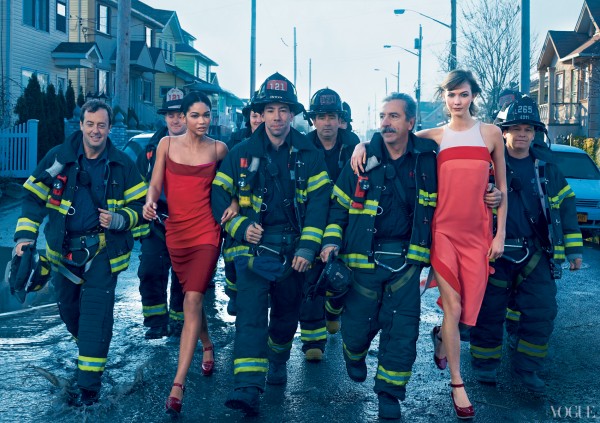

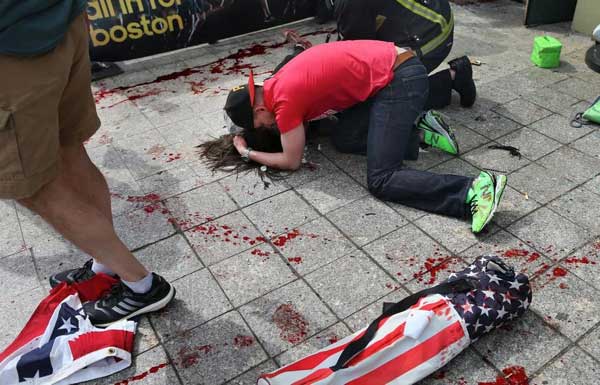
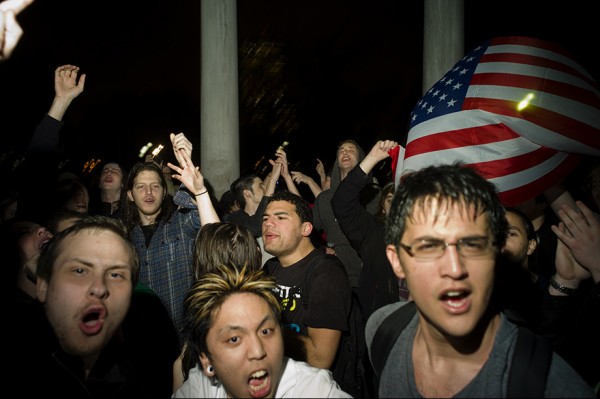
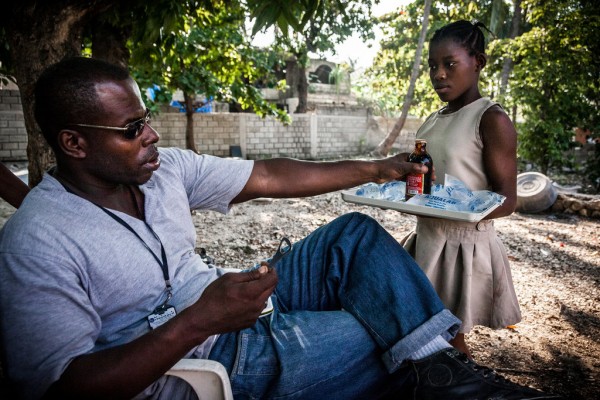
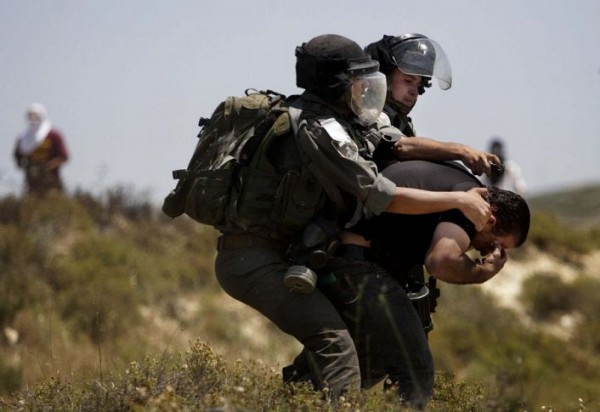
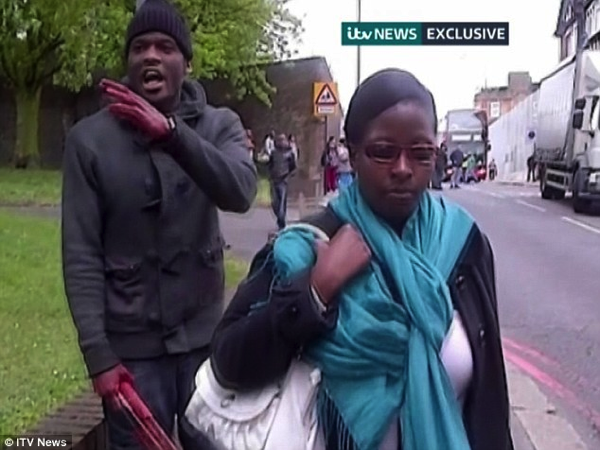
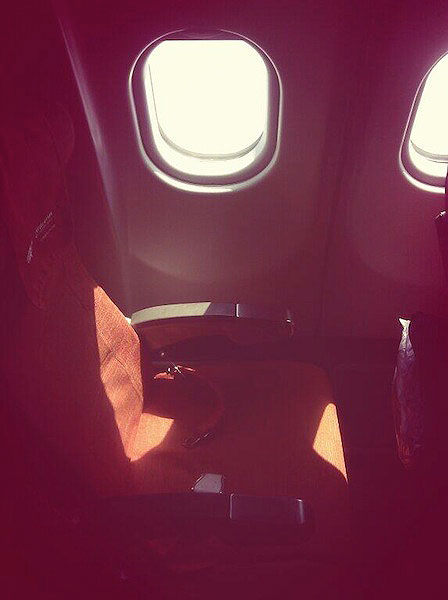
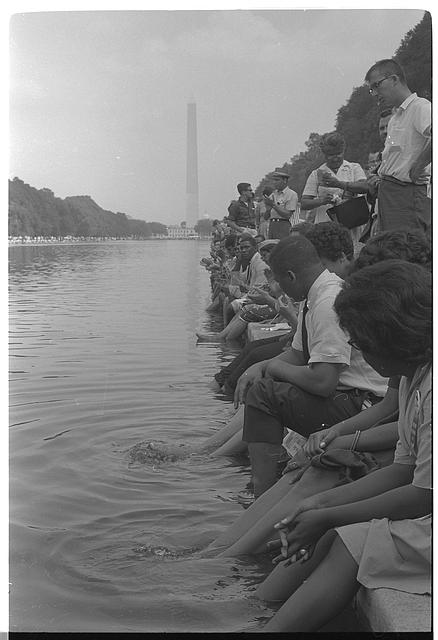
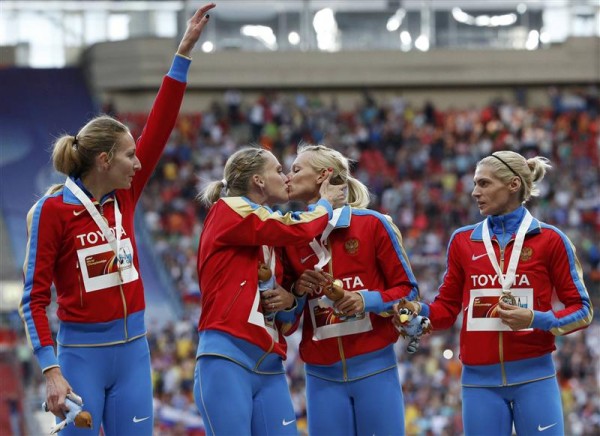
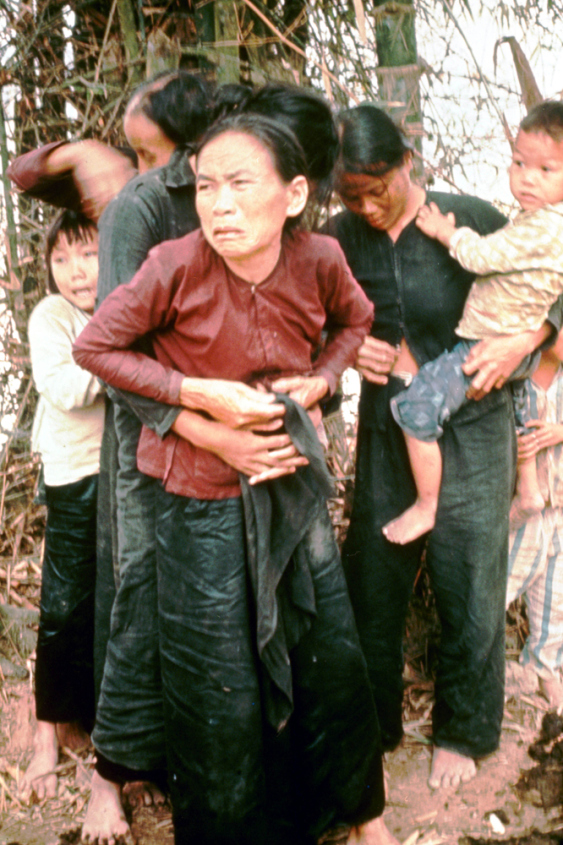
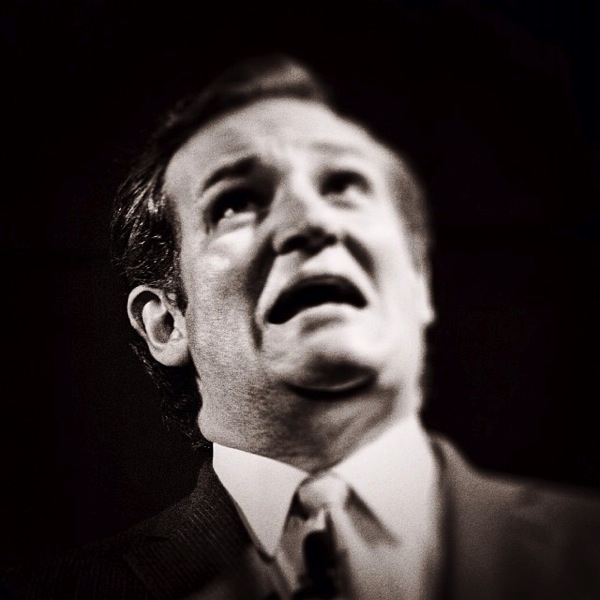
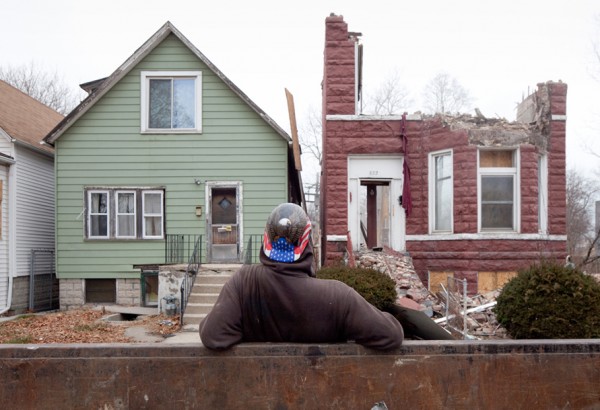
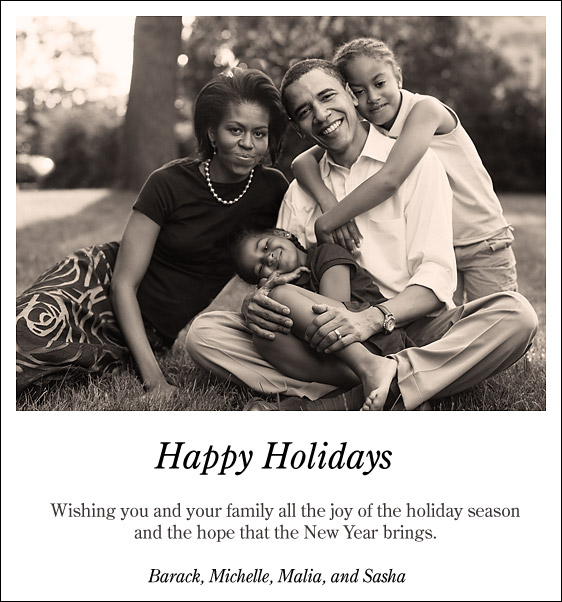
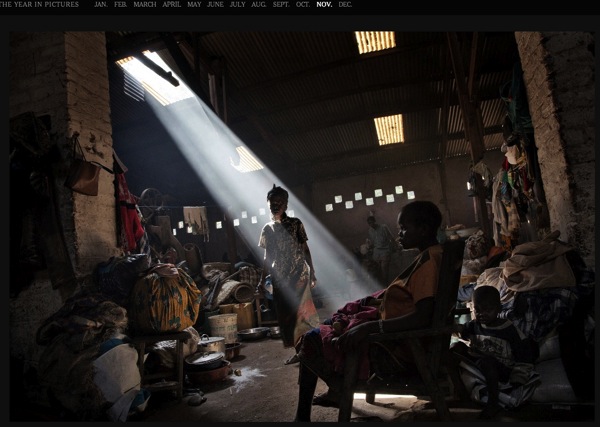
Reactions
Comments Powered by Disqus